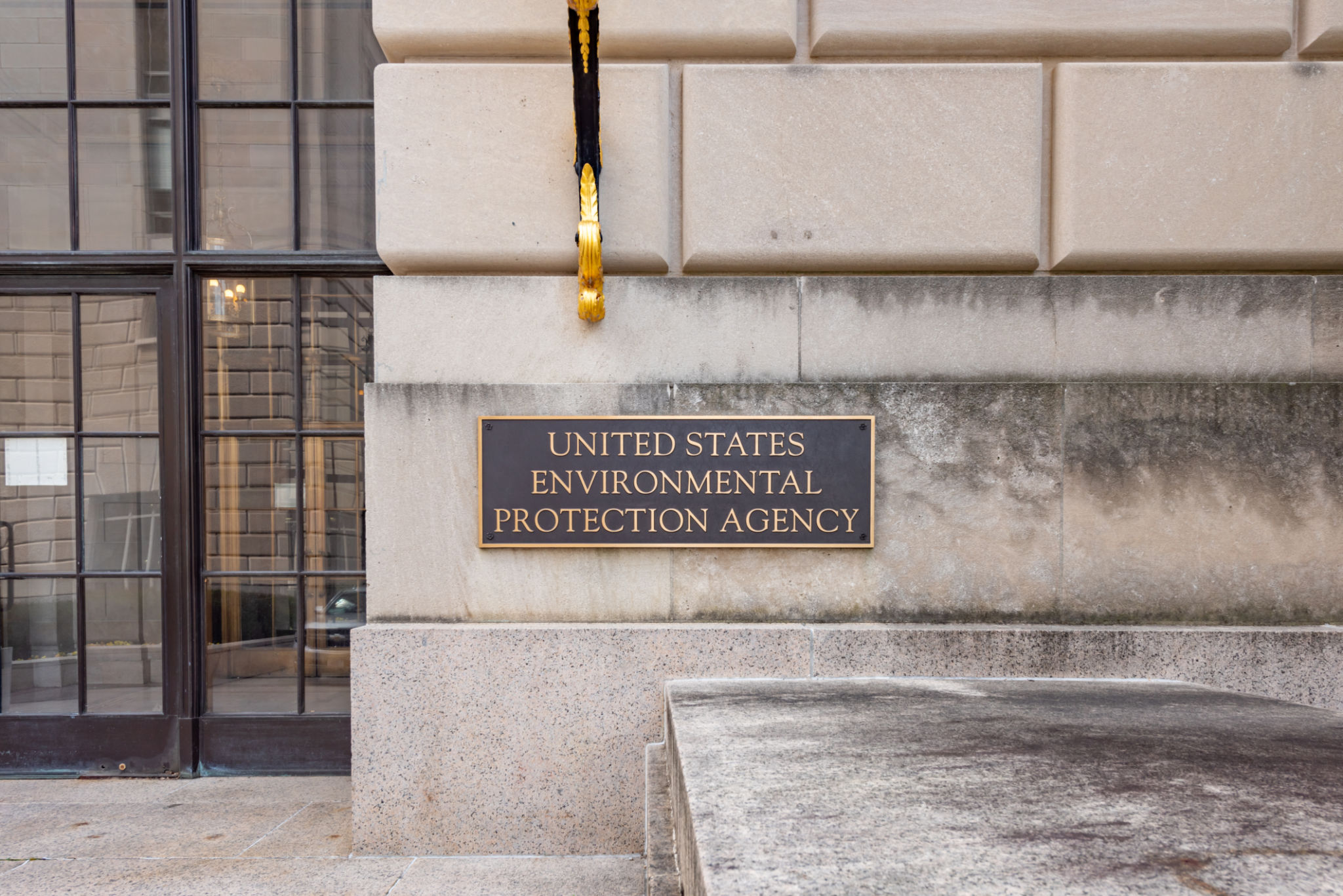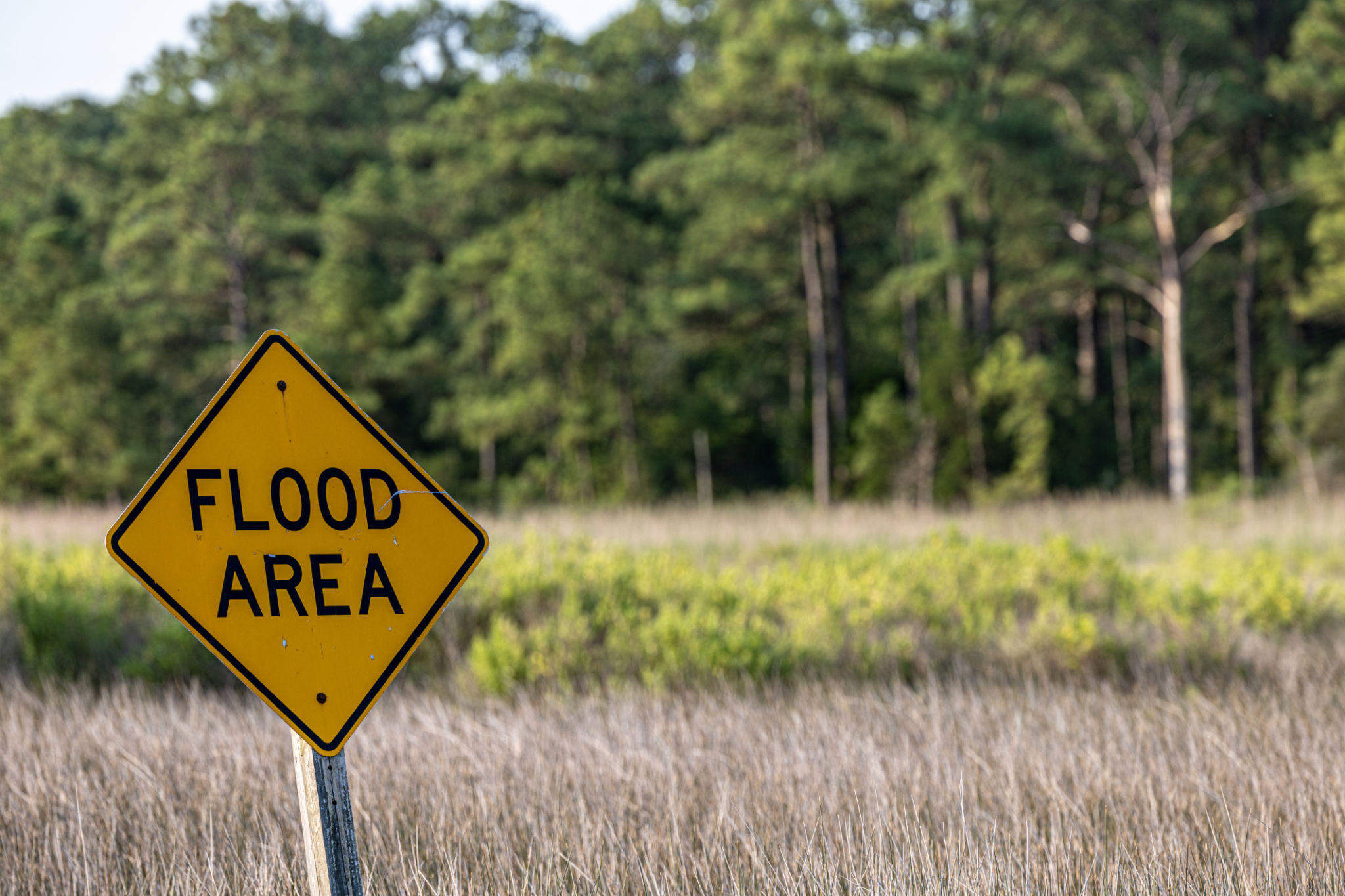Navigating Environmental Protection Regulations in Delaware: A Complete Guide
Understanding Delaware's Environmental Regulations
Navigating environmental protection regulations in Delaware can be a daunting task for businesses and individuals alike. The state has a comprehensive framework aimed at safeguarding its natural resources. These regulations cover a wide range of activities, from air and water quality to waste management and habitat conservation. Understanding these laws is crucial for compliance and for contributing to the state's environmental efforts.
Delaware's Department of Natural Resources and Environmental Control (DNREC) is the primary agency responsible for enforcing these regulations. It oversees a variety of programs designed to protect and improve the state's environment. Familiarizing yourself with DNREC’s roles and responsibilities is a vital first step in understanding Delaware’s environmental landscape.

Key Environmental Laws in Delaware
Several key laws form the backbone of Delaware's environmental regulations. The Delaware Water Pollution Control Act is one such law, aimed at maintaining and improving the quality of water resources throughout the state. Additionally, the Delaware Hazardous Waste Management Act regulates the treatment, storage, and disposal of hazardous waste to prevent contamination.
Another critical piece of legislation is the Delaware Coastal Zone Act, which restricts industrial activity along the state's coastline to protect fragile ecosystems. Businesses operating in these areas must adhere to strict permitting requirements to ensure their activities do not adversely affect the environment.

Compliance and Permitting Process
Compliance with environmental regulations in Delaware often involves obtaining the necessary permits from DNREC. This process can vary depending on the type of activity and its potential impact on the environment. It is essential to understand the specific requirements for your project to avoid any legal complications.
The permitting process typically includes submitting detailed plans and undergoing environmental assessments. DNREC reviews these submissions to ensure compliance with state and federal laws. Timelines for approval can vary, so it is advisable to start the process well in advance of any planned activities.

Staying Updated with Regulatory Changes
Environmental laws and regulations are subject to change, often in response to new scientific findings or shifts in policy priorities. Staying informed about these changes is crucial for maintaining compliance. DNREC provides resources and updates on regulatory changes, which can be accessed through their website or by subscribing to their newsletters.
Participating in public comment periods and attending workshops or seminars hosted by DNREC can also provide valuable insights into upcoming changes and how they may affect your operations. Proactive engagement with regulatory developments helps ensure that you are always prepared to adapt as needed.

Resources for Navigating Regulations
Fortunately, there are numerous resources available to assist with navigating Delaware’s environmental regulations. DNREC offers guidance documents, FAQs, and direct support through their help desk. Additionally, consulting with environmental law experts or hiring a compliance consultant can provide tailored advice specific to your situation.
Networking with industry peers can also be beneficial. Many businesses form alliances or join associations that focus on compliance and regulatory issues. These groups often share best practices and offer support when navigating complex regulatory landscapes.

